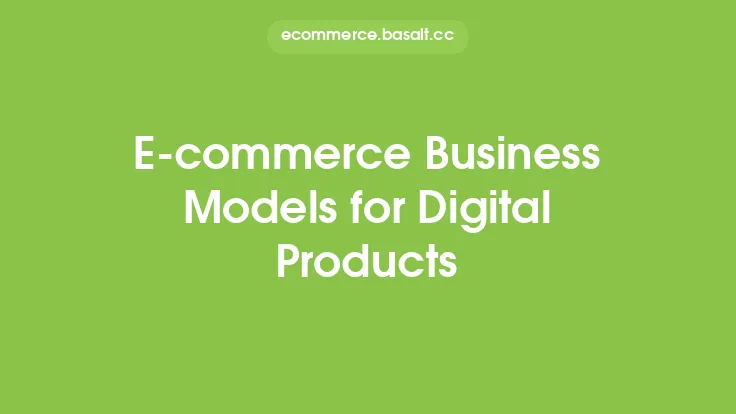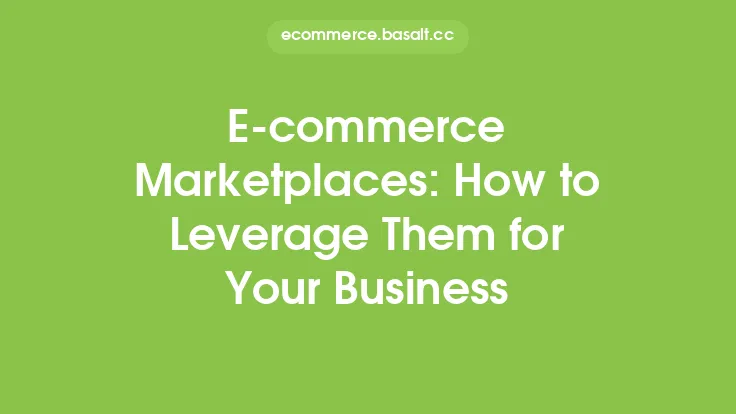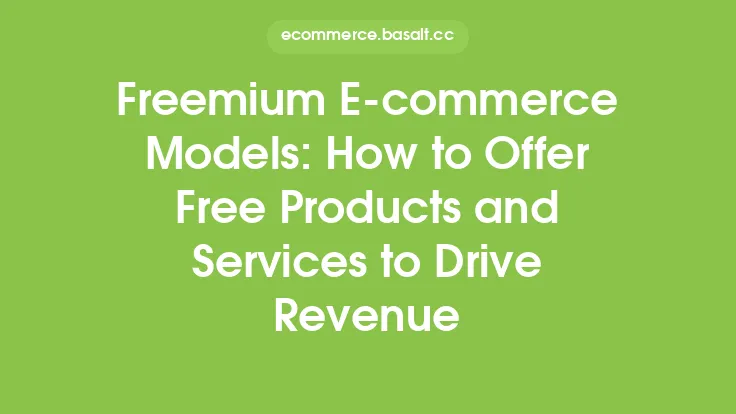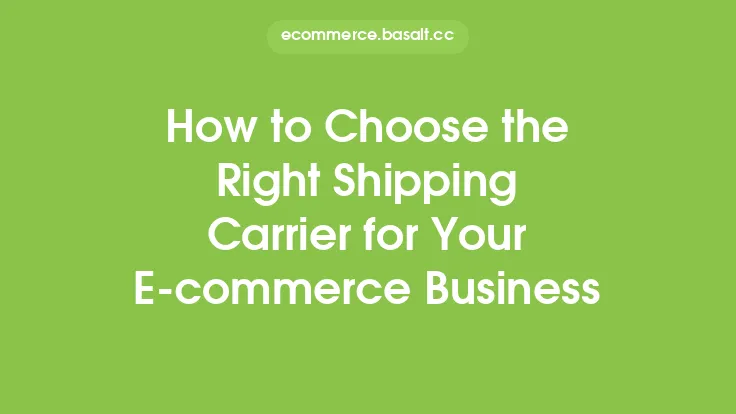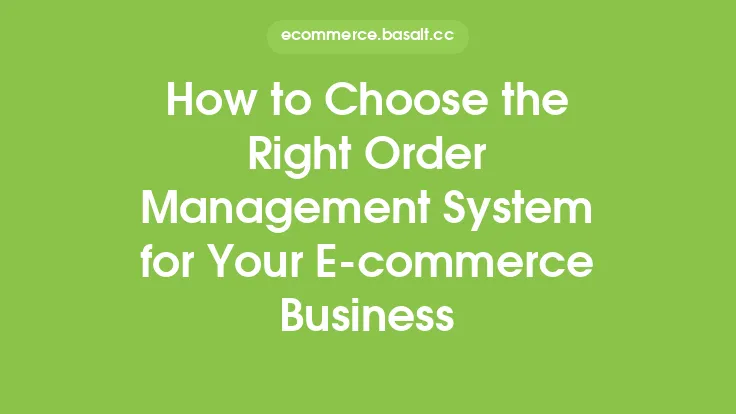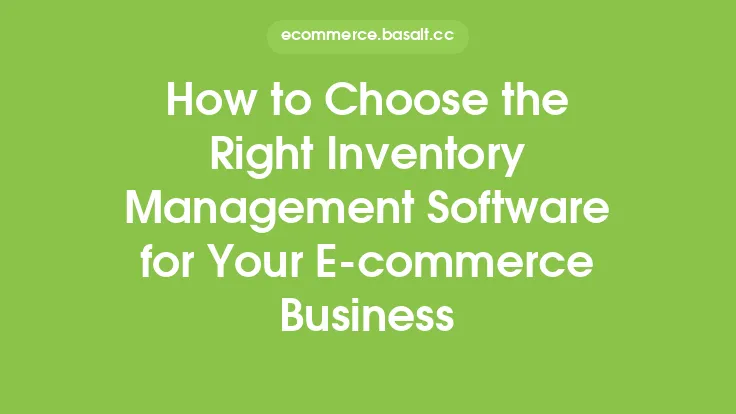The world of e-commerce has expanded beyond the sale of physical products, and businesses are now leveraging online platforms to sell intangible products, such as services, experiences, and expertise. This shift has given rise to new e-commerce business models that cater to the growing demand for digital services. In this article, we will delve into the world of e-commerce business models for services, exploring the various types, benefits, and strategies for selling intangible products online.
Types of E-commerce Business Models for Services
There are several types of e-commerce business models for services, each with its unique characteristics and revenue streams. Some of the most common models include:
- Freelance platforms: These platforms connect freelancers with clients who need specific services, such as writing, designing, or programming.
- Online course platforms: These platforms offer online courses and tutorials on various subjects, such as marketing, photography, or cooking.
- Consulting services: These platforms provide consulting services to individuals and businesses, offering expertise in areas such as finance, law, or human resources.
- Membership sites: These platforms offer exclusive content, resources, or services to members who pay a recurring fee.
- Digital product marketplaces: These platforms sell digital products, such as ebooks, software, or plugins, created by various developers and authors.
Benefits of E-commerce Business Models for Services
E-commerce business models for services offer several benefits, including:
- Low overhead costs: Starting an online service-based business requires minimal upfront costs, as there is no need to invest in inventory or physical infrastructure.
- Global reach: Online platforms can reach a global audience, allowing businesses to tap into new markets and customer bases.
- Flexibility: Service-based businesses can operate from anywhere, at any time, as long as there is an internet connection.
- Scalability: Online platforms can handle a large volume of customers and transactions, making it easier to scale the business.
- High margins: Service-based businesses often have high profit margins, as the cost of delivering the service is typically low.
Strategies for Selling Intangible Products Online
To succeed in selling intangible products online, businesses need to employ effective strategies, such as:
- Developing a strong brand identity: Creating a unique and recognizable brand that resonates with the target audience.
- Building a professional website: Creating a website that showcases the services, provides a seamless user experience, and is optimized for search engines.
- Utilizing digital marketing channels: Leveraging social media, email marketing, and paid advertising to reach the target audience and promote the services.
- Offering exceptional customer service: Providing prompt and personalized support to customers, ensuring a positive experience and encouraging repeat business.
- Continuously improving and innovating: Staying up-to-date with industry trends, gathering customer feedback, and continuously improving the services to stay competitive.
Key Considerations for E-commerce Business Models for Services
When starting an e-commerce business for services, there are several key considerations to keep in mind, such as:
- Defining the target audience: Identifying the ideal customer and creating services that cater to their needs and preferences.
- Developing a unique value proposition: Creating a compelling offer that differentiates the business from competitors and resonates with the target audience.
- Establishing a pricing strategy: Determining the optimal pricing for the services, taking into account the costs, competition, and target audience.
- Building a team of experts: Hiring skilled professionals who can deliver high-quality services and provide exceptional customer support.
- Ensuring security and trust: Implementing robust security measures and building trust with customers by providing transparent and reliable services.
Best Practices for Delivering Exceptional Customer Experiences
Delivering exceptional customer experiences is crucial for the success of e-commerce business models for services. Some best practices include:
- Providing clear and concise communication: Ensuring that customers understand the services, pricing, and delivery process.
- Offering personalized support: Providing prompt and personalized support to customers, addressing their concerns and questions.
- Utilizing customer feedback: Gathering feedback from customers and using it to improve the services and overall customer experience.
- Fostering a community: Creating a community around the services, where customers can interact, share ideas, and provide support to one another.
- Continuously monitoring and improving: Regularly monitoring the customer experience and making improvements to ensure that it remains exceptional and competitive.
Conclusion
E-commerce business models for services offer a wealth of opportunities for businesses to sell intangible products online. By understanding the various types of models, benefits, and strategies, businesses can create successful and profitable online service-based businesses. By focusing on delivering exceptional customer experiences, building strong brand identities, and continuously improving and innovating, businesses can thrive in the world of e-commerce and establish themselves as leaders in their respective industries.
